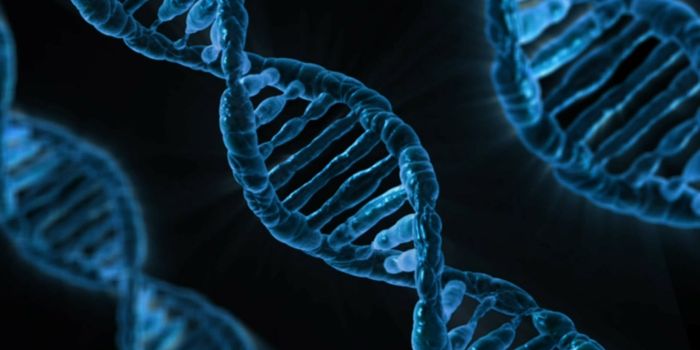Researchers Discover a New Genetic Disease that Prevents Antibody Formation
Doctors at the Children’s Hospital of Philadelphia discovered a new genetic disease while trying to figure out why a young patient was continually getting repeat infections. The discovery is the first description of a human congenital PU.1 disorder, which prevents B cell development. The researchers named this condition PU.1 Mutated Agammaglobulinemia (PU.MA), and the finding was published May 5th in the Journal of Experimental Medicine.
Antibodies are a critical part of the immune system. Their purpose is to protect our bodies from infections caused by pathogens (bacteria, viruses, or microorganisms) by 1) preventing pathogens from damaging our cells, 2) binding to pathogens to trigger other immune cells to remove the pathogen, and 3) stimulating other immune responses to protect the body.
When Luke Terrio was about seven months old, his parents began to realize that something was wrong. His frequent ear infections, constant fatigue, slowed development, and lack of response to antibiotics raised red flags. Blood tests revealed that Luke had no antibodies. His condition did not even match the rare immunodeficiency syndrome that occurs in children, X-linked agammaglobulinemia (XLA).
Whole exome sequencing of Luke’s DNA found the mutation that prevented his body from making B cells. Without B cells, there are no antibodies.
"It can be pretty scary for a family whose child has a mysterious illness" said Neil D. Romberg, MD, an attending physician with the Division of Allergy and Immunology at CHOP and senior author of the paper. "In this case, science provided an explanation, thanks to numerous departments at CHOP, including the Roberts Individualized Medical Genetics Center, the Center for Spatial and Functional Genomics, and the Cancer Center. Understanding the cause of Luke's condition absolutely helped us know what direction to take his therapy."
The scientists compared Luke’s genome to sequences from 30 patients globally who also do not make B cells. They found that Luke was one of six patients with a mutation in the SPI1 gene, which encodes the PU.1 protein. This protein is critical for B cell development in the bone marrow. Interestingly, all six patients had different mutations in the SPI1 gene, but they all led to insufficient levels of PU.1 for B cell development.
PU.1 loosens the heterochromatin (tightly wound DNA) that codes for the stem cells that develop into B cells. Without PU.1, other vital proteins cannot access the genomic sites. The research team confirmed that PU.1 is essential for B cell development in humans using CRISPR to model the condition in vitro using donated cord blood.
Thankfully, a bone marrow transplant has allowed Luke to produce his own B cells, and antibody infusions supported his body and provided protection until his new B cells could produce enough antibodies. Those treatments turned him into a toddler filled with life.
"Knowing the source of the problem removed the boogeyman for the Terrios and allowed them to move their lives forward," Romberg said. "Figuring out Luke's case not only helped guide his therapy and gave answers to others suffering with this rare condition - in some cases for years - but also opens the door to learning more about the effects of PU.1 on a variety of more common human diseases and conditions."
Sources: EurekAlert, Journal of Experimental Medicine









